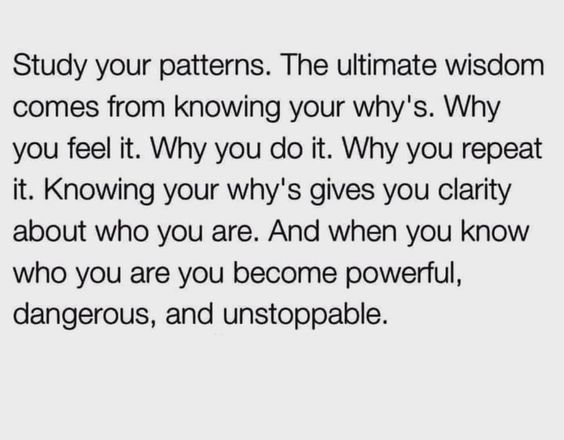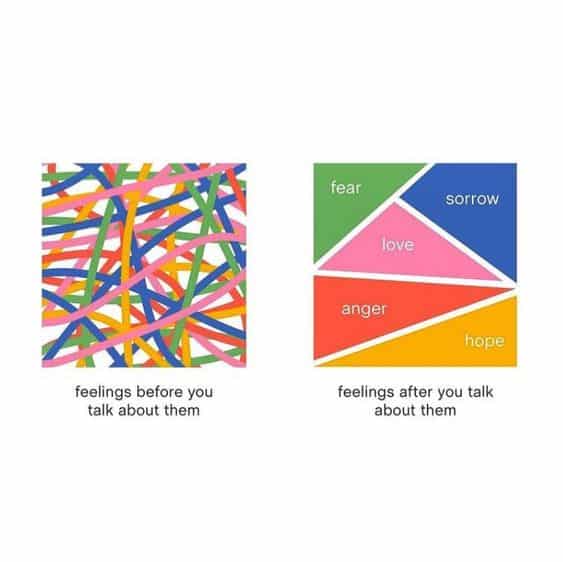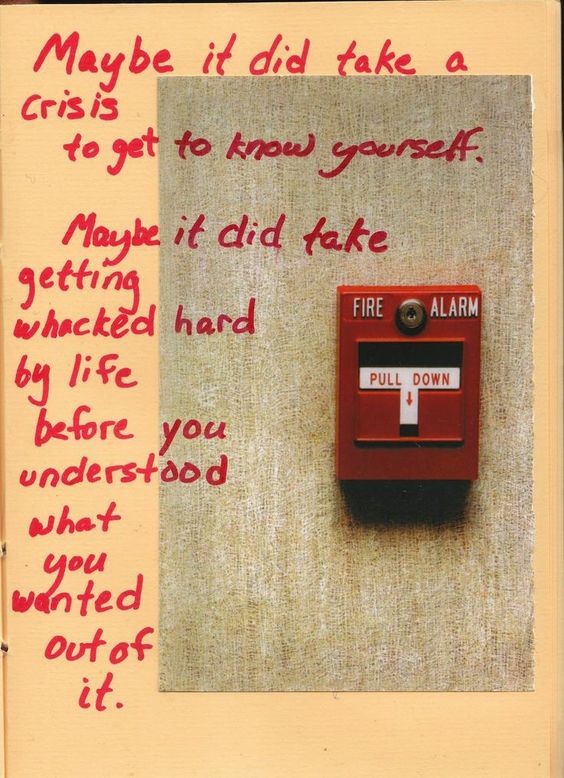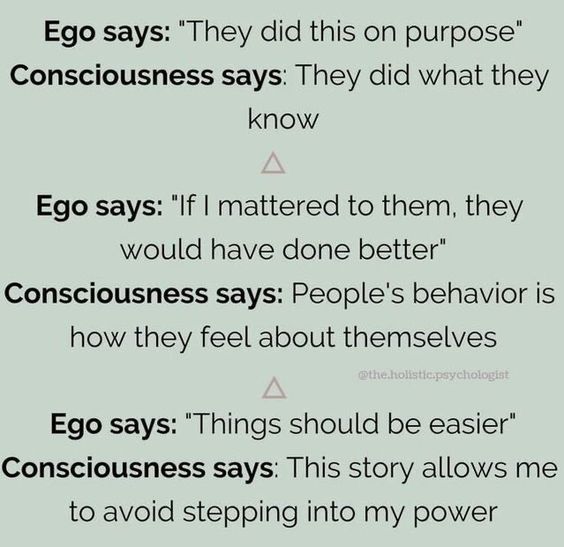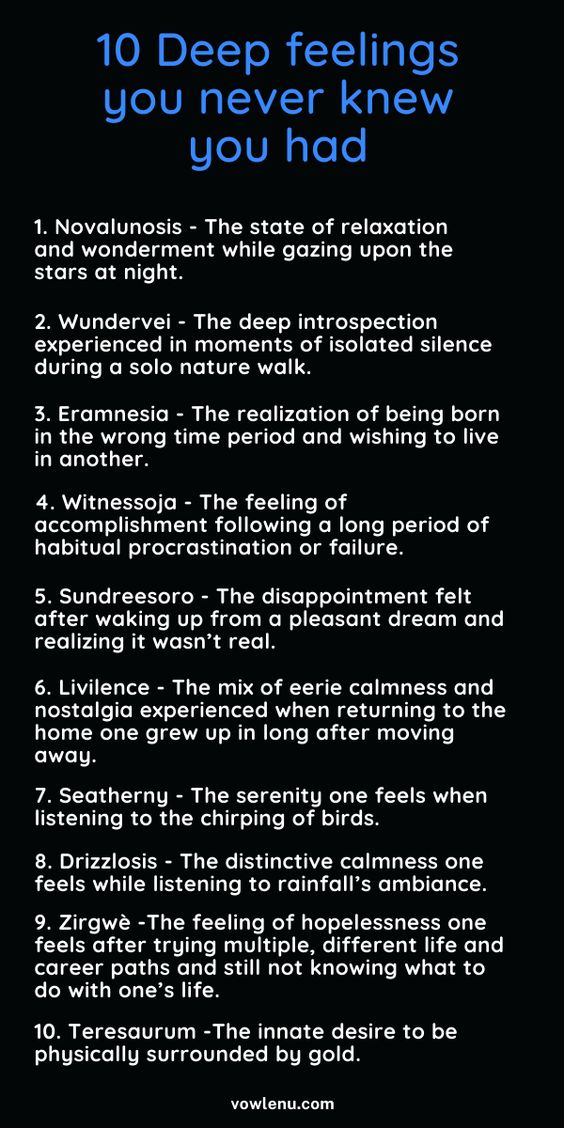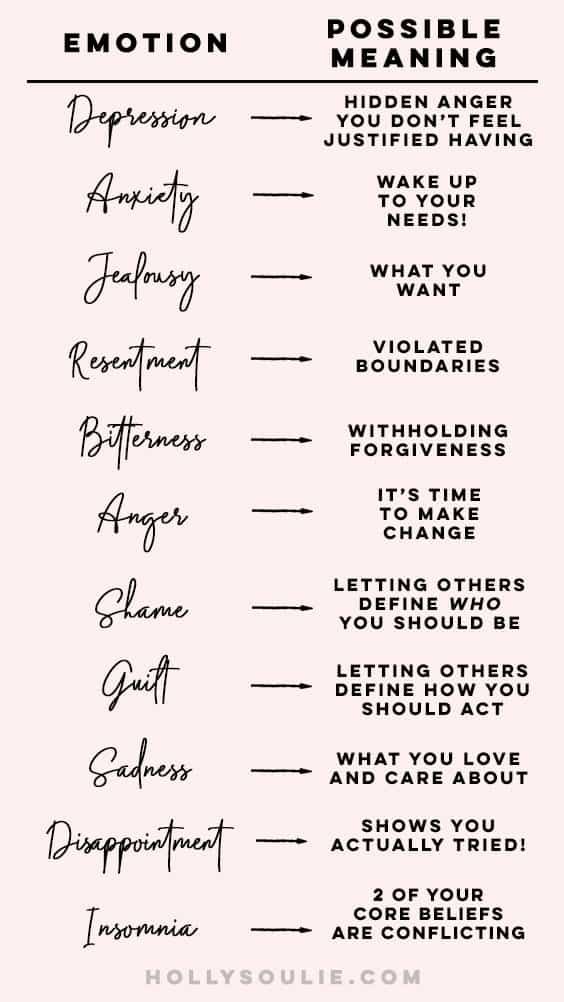“Desires that arise in agitation are more aligned with your ego. Desires that arise in stillness are more aligned with your soul.”
Cory Muscara, Twitter
“Failure to read what is happening in another’s soul is not easily seen as a cause of unhappiness: but those who fail to attend to the motions of their own soul are necessarily unhappy.”
Marcus Aurelius, Meditations (Page 12)
“…The more civilized and moral we outwardly become, the more potentially dangerous is the Shadow, which we so fiercely deny. The solution is not more repression and correctness. We can never alter human nature through enforced niceness. The pitchfork doesn’t work. Nor is the solution to seek release for our Shadow in the group, which is volatile and dangerous. Instead the answer is to see our Shadow in action and become more self-aware. It is hard to project onto others our own secret impulses or to overidealize some cause, once we are made aware of the mechanism operating within us.”
Robert Greene, The Daily Laws (Page 376)
“Sometimes it benefits us to be passive: to allow life to come to us and unfold without force. Other times it benefits us to be aggressive: to bend the world to our will and actively shape the life we want. Are you being too passive or too aggressive right now?”
James Clear, Blog
“My life it seems is a life of self-examination: a self-peeling of my self, bit by bit, day by day. More and more it’s becoming simple to me as a human being [as] more and more I search [within] myself. And more and more the questions become listed. And more and more I see clearly. It is not a question of developing what has already been developed but of recovering what has been left behind. Though this has been with us, in us, all the time and has never been lost or distorted except for our misguided manipulation of it.”
Bruce Lee, Striking Thoughts (Page 182)
“To know oneself is to study oneself in action with another person. Relationship is a process of self-revelation. Relationship is the mirror in which you discover yourself—to be is to be related.”
Bruce Lee, Striking Thoughts (Page 181)
“In the important questions of life, we are always alone. Our deepest inner thoughts cannot be understood by others. The best part of the drama that goes on deep in our soul is a monologue, or, better to say, a very sincere conversation between God, our conscience, and ourself.”
Henri Amiel, via A Calendar of Wisdom (Page 286)
“Most people act, not according to their meditations, and not according to their feelings, but as if hypnotized, based on some senseless repetition of patterns.”
Leo Tolstoy, A Calendar of Wisdom (Page 284)
“A person who knows all sciences but does not know himself is a poor and ignorant person. He who does not know anything except for his inner spiritual self is an enlightened person.”
Leo Tolstoy, A Calendar of Wisdom (Page 252)
5 Deep Life Questions, Answered—An Excerpt from Inward by Yung Pueblo
Excerpt: They asked her about loving yourself, saving the world, wealth, power, and the meaning of misery and despair… here’s how she answered…
Read More »5 Deep Life Questions, Answered—An Excerpt from Inward by Yung Pueblo
Inward [Book]
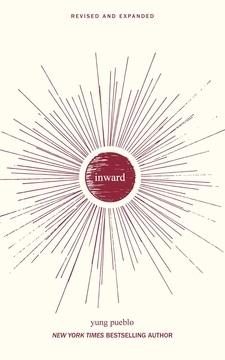
Book Overview: From poet, meditator, and speaker Yung Pueblo, comes a collection of poetry and prose that explores the movement from self-love to unconditional love, the power of letting go, and the wisdom that comes when we truly try to know ourselves. It serves as a reminder to the reader that healing, transformation, and freedom are possible.
Post(s) Inspired by this Book:
5 Deep Life Questions, Answered—An Excerpt from Inward by Yung Pueblo
28 Poetic Quotes from Inward by Yung Pueblo on Healing, Pain, and Love
“Your true self does not speak in words or banal phrases. Its voice comes from deep within you, from the substrata or your psyche, from something embedded physically within you. It emanates from your uniqueness, and it communicates through sensations and powerful desires that seem to transcend you. You cannot ultimately understand why you are drawn to certain activities or forms of knowledge. This cannot really be verbalized or explained. It is simply a fact of nature.”
Robert Greene, The Daily Laws (Page 115)
